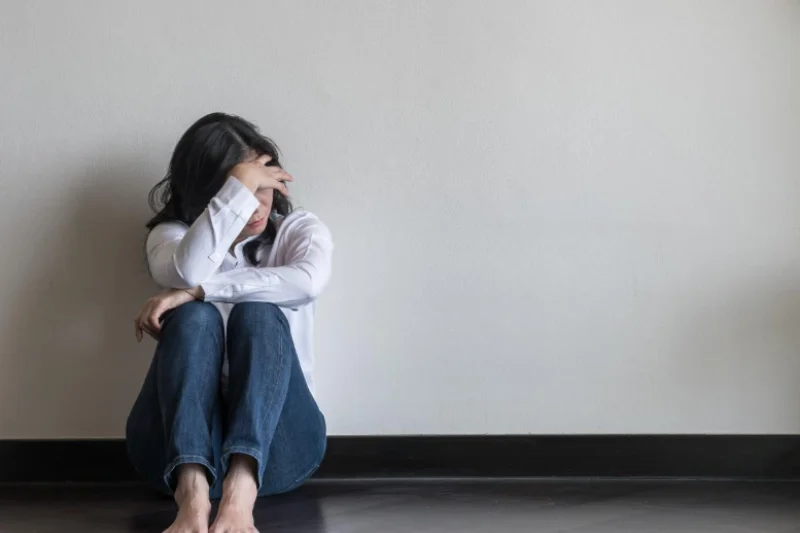Mental Health: Managing Anxiety in a Fast-Paced World
Table of Contents
Introduction: The Prevalence of Anxiety in Modern Society
The prevalence of anxiety is rising in the fast-paced world of today, which has a significant impact on quality of life and general well-being. Anxiety must be acknowledged and treated in order to preserve mental health and deal with the difficulties of contemporary living.
Fortunately, there are a number of resources available to help individuals cope with anxiety, including therapy, medication, and mental health skill building services. These services can teach individuals valuable techniques for managing anxiety and improving their overall well-being.
Understanding Anxiety: Symptoms, Causes, and Types
There are many different types of anxiety disorders, each characterized by unique symptoms and triggers. Some of the most common varieties include panic disorder, social anxiety disorder (SAD), and generalized anxiety disorder (GAD). Panic disorder is characterized by sudden and intense episodes of fear or discomfort known as panic attacks.
Social anxiety disorder, on the other hand, is marked by a persistent fear of social situations and the potential for scrutiny or humiliation. Generalized anxiety disorder (GAD) is a more general state of excessive worry and nervousness that isn’t necessarily tied to a specific situation or object.
Effective management and treatment of anxiety requires an accurate diagnosis of the specific type of anxiety an individual is experiencing, as well as a thorough understanding of its underlying causes. This can be achieved through skill building activities for mental health.
Practical Tips for Managing Anxiety in Daily Life

- Manage your day-to-day: Combine practical strategies like time management and goal-setting with mindfulness practices like deep breathing and meditation.
- Prioritize healthy habits: Establish healthy sleep patterns, eat a balanced diet, and engage in regular exercise to reduce anxiety symptoms.
- Set boundaries & prioritize self-care: Learn to say no to extra commitments, delegate tasks, and schedule relaxation time to manage anxiety effectively.
- Seek professional help: If anxiety persists despite your efforts, don’t hesitate to seek help from a therapist or counselor.
The Role of Therapy and Medication in Anxiety Treatment

Therapy has emerged as a highly effective approach to treating anxiety disorders. One particularly successful form of therapy is cognitive-behavioral therapy (CBT), which equips individuals with tools to identify and challenge negative thought patterns that contribute to their anxiety.
Through CBT, individuals learn to develop coping mechanisms and emotional regulation skills to manage anxiety-provoking situations more effectively. Medication may also be recommended by a doctor in some circumstances to help manage the physical symptoms of anxiety, such as racing heart rate or excessive sweating.
However, it’s crucial to consult with a medical professional, such as a psychiatrist or therapist, to determine the most appropriate treatment plan for each individual. This plan may involve a combination of therapy and medication tailored to the specific needs and severity of the anxiety disorder. (NIMH – Anxiety Disorders)
Conclusion: Navigating Anxiety in a Fast-Paced World
While the fast pace of modern society can undoubtedly exacerbate anxiety, it is important to remember that mental health and well-being can be preserved with the correct techniques and support systems in place. The first step involves acknowledging the presence of anxiety and its impact on your daily life.
Once identified, it is crucial to seek effective treatment, whether through therapy, medication, or a combination of both. However, treatment is just one piece of the puzzle. Prioritizing self-care practices such as healthy sleep habits, regular exercise, and relaxation techniques is equally important for long-term anxiety management.
By employing these strategies and building resilience through self-care, individuals can navigate the demands of contemporary life with confidence and a newfound sense of control over their anxiety.
At GMA Interventions, we recognize the value of a comprehensive approach to recovery, which includes how to manage anxiety in the fast-paced world. Our programs are meant to help people achieve sobriety by providing extensive tools and guidance.
Visit us today to discover more about how we can help you recover using holistic and evidence-based treatments.
